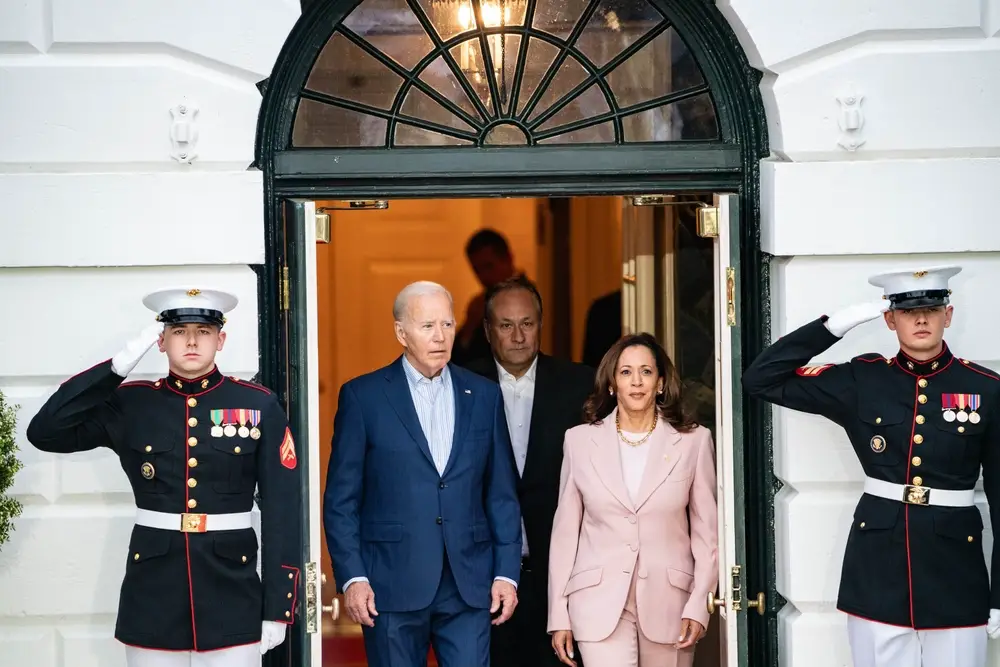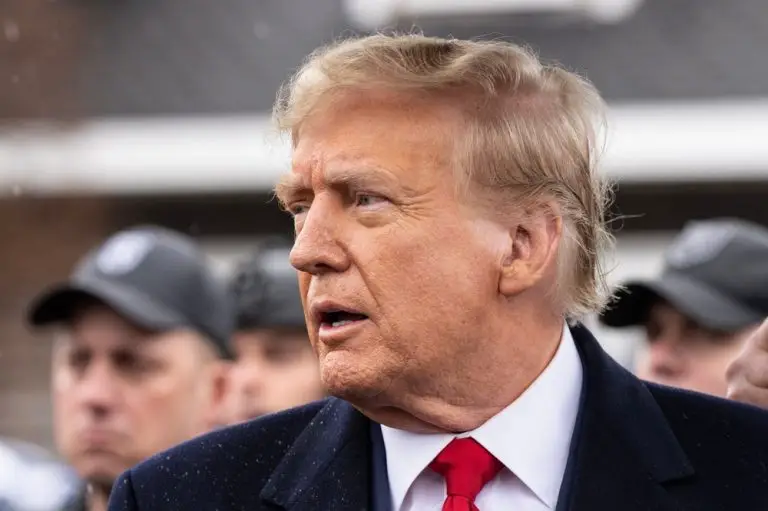Donald Trump is facing fresh controversy after a report from The New York Times claimed that he has been privately referring to Vice President Kamala Harris using a derogatory term. According to the report, Trump has been calling Harris a “bitch” during private conversations and at donor events. The allegations come as part of a broader depiction of Trump’s increasingly hostile behavior behind the scenes of his campaign, which has been described as marked by a “foul mood” in recent weeks. This alleged name-calling has reportedly shocked some of those present at these events, particularly following Trump’s recent controversial comments about Harris’s race.
The controversy surrounding Trump’s remarks stems from his speech at the National Association of Black Journalists, where he suggested that Harris had only recently begun identifying as Black. These comments were met with widespread criticism, but according to the Times report, Trump doubled down on his views at a fundraising dinner in the Hamptons, insisting he was right despite the backlash. It was during these private moments that Trump reportedly escalated his rhetoric, using the derogatory term to refer to Harris, further inflaming tensions.

The report has drawn significant attention, with many questioning the appropriateness of such language in the political sphere. This is not the first time Trump’s rhetoric has been scrutinized; throughout his political career, he has been known for his abrasive and often inflammatory language. However, the use of a gendered slur to describe a political opponent, particularly a sitting vice president, has sparked outrage and concern about the tone of the current political discourse.
In response to the allegations, Trump’s spokesman, Steven Cheung, denied that the former president had ever used such language to describe Harris. Cheung stated that the campaign would not characterize Harris in that manner and suggested that the reports were exaggerated or inaccurate. Despite this denial, the allegations have fueled further debate about the conduct of political leaders and the impact of such language on the broader political environment. As the 2024 presidential race heats up, the incident is likely to remain a point of contention, reflecting the deep divisions and heightened tensions in American politics.




